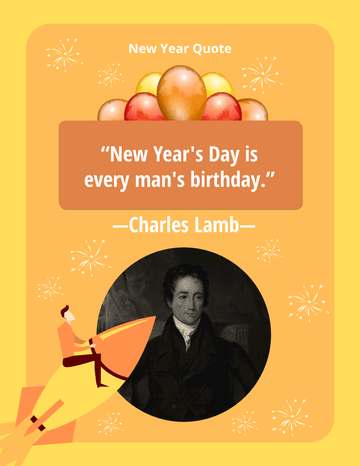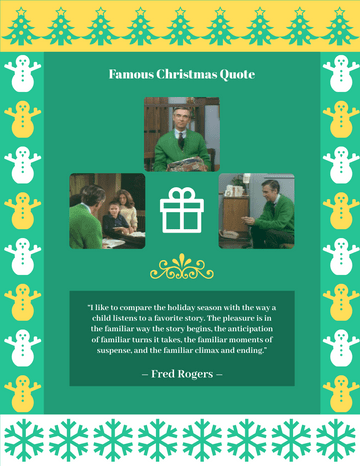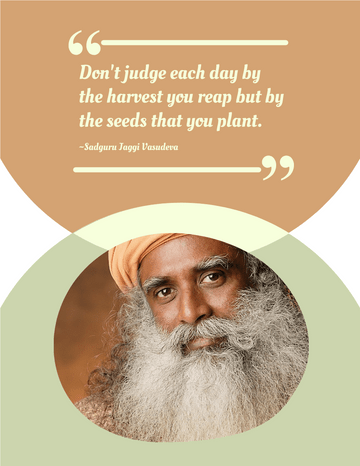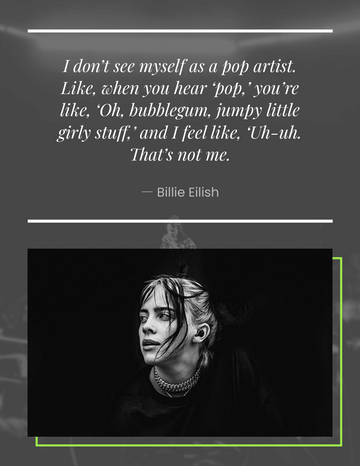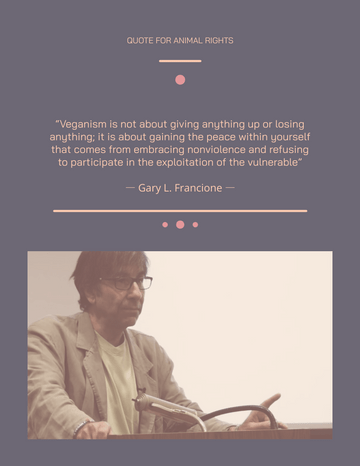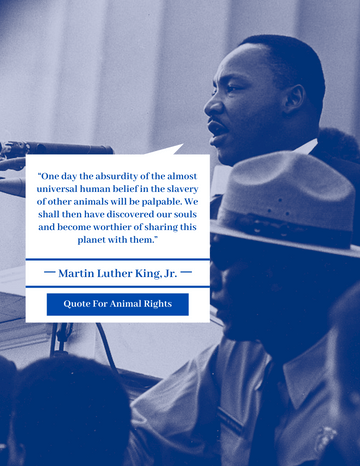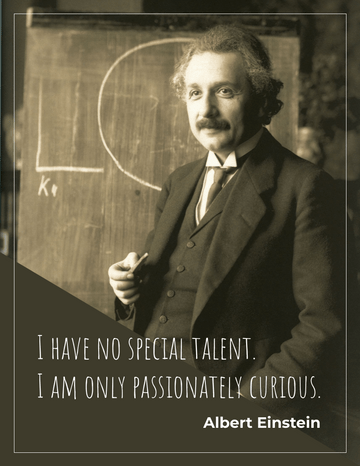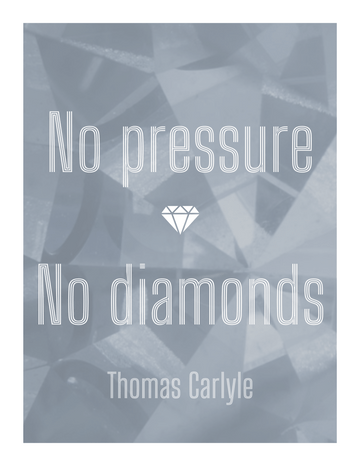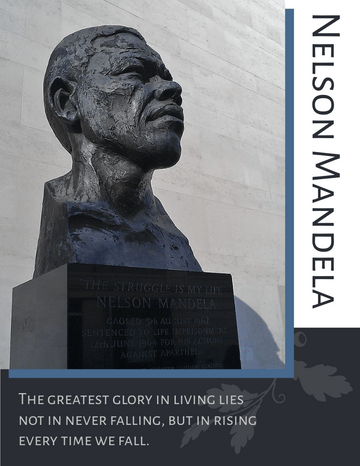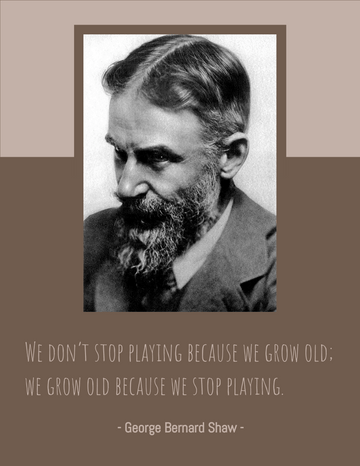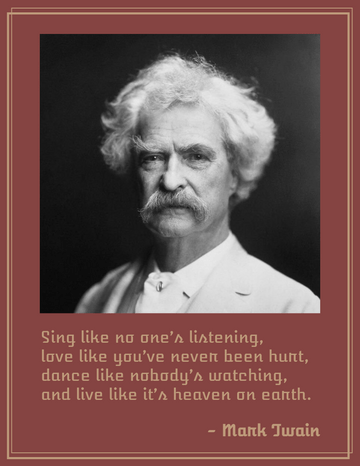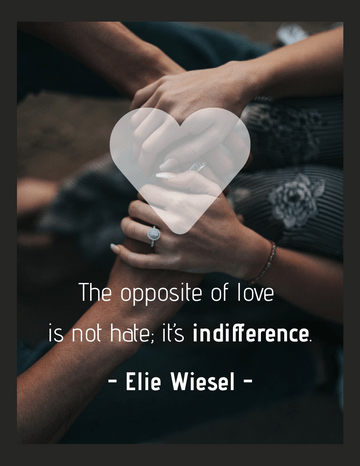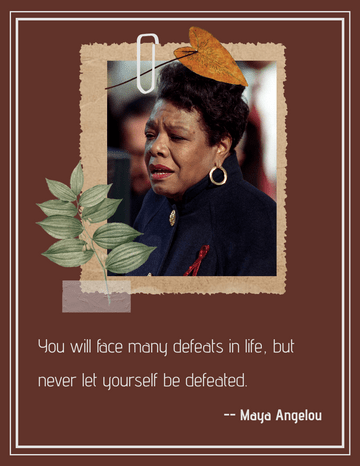Friedrich Wilhelm Nietzsche was a German philosopher, cultural critic, and philologist whose work has exerted a profound influence on modern intellectual history. He began his career as a classical philologist before turning to philosophy. Nietzsche's writing spans philosophical polemics, poetry, cultural criticism, and fiction while displaying a fondness for aphorism and irony.
"That which does not kill us makes us stronger."
What does not kill me makes me stronger (German: Was mich nicht umbringt, macht mich stärker) is part of aphorism number 8 from the "Maxims and Arrows" section of Friedrich Nietzsche's Twilight of the Idols (1888).
It is quoted or alluded to by many other works, with minor variants in wording.
In 1888 Nietzsche wrote "Aus der Kriegsschule des Lebens.-Was mich nicht umbringt, macht mich stärker", which can be translated as "Out of the war school of life—what doesn't kill me makes me stronger." It appears in his In the book of aphorisms "The Twilight of the Idols", there is no further explanation after that.
Nietzsche expanded on this idea in his autobiography Ecce Homo, also written in 1888. Here, he refers to selected individuals as "nature's lucky strokes. interests; what doesn't kill him will only make him stronger."
Michael Brady, a professor of philosophy at the University of Glasgow, explained that Nietzsche does not seem to believe that all suffering brings strength, but instead suggests that people should see suffering as an opportunity to increase strength, something that those who are already strong can do. In his book Death Desire and Loss in Western Culture, British philosopher Jonathan Dollymore describes this process of embracing pain as an opportunity to gain strength, calling it a "magical, cannibalistic uptake".
Nietzsche's famous aphorism enjoys extensive allusions throughout the culture. President Nixon's Watergate accomplice G. Gordon Liddy paraphrased this in his 1980 autobiography Will, saying, "What doesn't kill us makes us stronger." Conan the Barbarian opens with "what doesn't kill us makes us stronger" and attributes it to Nietzsche, if slightly wrong. In the sitcom Doogie Howser M.D., the aptly named teenage doctor declared "as Nietzsche said, 'What doesn't destroy me makes me stronger.'" including Kelly Clarkson and Kanye West Songs by many artists exemplify this phrase. The comedy site Slacktory has compiled dozens of clips of these songs into a single video.
This phrase has also been imitated. In the 2008 film The Dark Knight, the Joker quipped: "I believe anything that doesn't kill you just makes you stranger." The T-shirt also features the motto, the slogan of the fictional Nietzsche Stadium.
Click here to read the flipbook.







